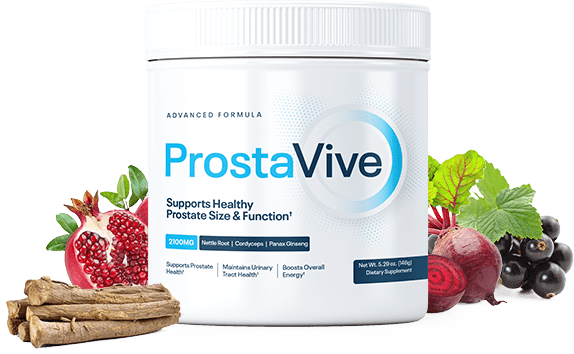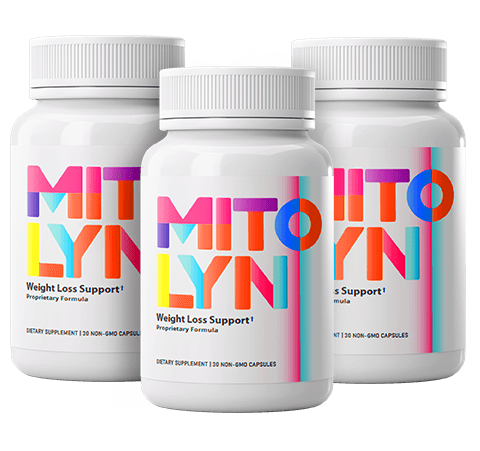
Photo by <a href="https://unsplash.com/@sharonmccutcheon" rel="nofollow">Alexander Grey</a> on <a href="https://unsplash.com/?utm_source=hostinger&utm_medium=referral" rel="nofollow">Unsplash</a>
Understanding Prostate Health
The prostate gland is a small, walnut-sized organ situated just below the bladder in men. It plays a critical role in the male reproductive system by producing seminal fluid, which nourishes and transports sperm during ejaculation. The prostate’s health is paramount for overall male reproductive health, influencing both urinary function and sexual performance. As men age, typically from their 40s onward, the prostate undergoes significant changes. This increased vulnerability can lead to various health issues, prompting a need for greater attention to prostate health.
One of the most common conditions affecting older men is benign prostatic hyperplasia (BPH), characterized by the non-cancerous enlargement of the prostate gland. This condition can lead to discomfort and complications such as urinary tract infections or bladder stones due to increased pressure on the urethra. Symptoms of BPH may include frequent urination, difficulty starting or stopping urination, and a weak urine stream. Another prevalent issue is prostatitis, which refers to inflammation of the prostate. This condition can be caused by bacterial infection or other factors, often resulting in pain and discomfort, along with urinary symptoms similar to those of BPH.
Maintaining prostate health is essential for older men, as neglecting these issues can significantly affect their quality of life. Regular check-ups with a healthcare provider can aid in early detection of prostate-related conditions. In addition, incorporating prostate supplements may support overall prostate health and help mitigate some symptoms associated with age-related prostate issues. Through understanding the anatomy and function of the prostate, men can better appreciate the importance of proactive measures in preserving their prostate health as they age.
Nutritional Needs for Prostate Health
Prostate health is significantly influenced by diet, and specific nutrients play a pivotal role in maintaining optimal function as men age. Among these, vitamins and minerals such as zinc, vitamin D, and selenium have been linked to improved prostate health outcomes. Zinc, for instance, is vital for normal prostate function and can be found in foods like nuts, seeds, and legumes. It is essential for the immune system and may help reduce the risk of prostate-related issues.
Vitamin D is another critical nutrient, often acquired through sunlight exposure, but can also be obtained from fatty fish, egg yolks, and fortified foods. Research suggests that adequate levels of vitamin D may play a protective role against prostate diseases, including prostate cancer. Furthermore, selenium, found in Brazil nuts, fish, and grains, has antioxidant properties that may help combat oxidative stress and inflammation in the prostate.
Incorporating a variety of fruits and vegetables into the diet is foundational for prostate health, as these foods are rich in essential vitamins, minerals, and antioxidants. Cruciferous vegetables like broccoli, cauliflower, and Brussels sprouts contain compounds that may lower the risk of prostate issues. Conversely, certain dietary habits should be modified; reducing the intake of red and processed meats, along with saturated fats, may benefit prostate function.
Additionally, hydration plays a supportive role in overall health, including the prostate. Drinking sufficient water can help maintain urinary health, which is often a concern for older men. It is also advisable to limit or avoid consumption of heavily processed foods and high-sugar items that can contribute to inflammation. By fostering a balanced diet rich in essential nutrients and advocating for healthy eating habits, men can take proactive steps towards maintaining their prostate health and overall well-being.
Benefits of Prostate Supplements
Prostate supplements have gained popularity among older men due to their potential to support prostate health. These supplements typically contain a combination of natural ingredients known for their effectiveness in promoting prostate wellness. Key components often found in these supplements include saw palmetto, beta-sitosterol, zinc, and pygeum africanum. Each of these ingredients has unique properties that contribute to maintaining a healthy prostate.
Saw palmetto, for instance, is particularly well-researched for its ability to reduce urinary symptoms associated with benign prostatic hyperplasia (BPH). Studies have shown that it may help decrease nighttime urination and improve urine flow, which can significantly enhance the quality of life for older men. Similarly, beta-sitosterol is a plant sterol that has been found to improve urinary function by decreasing inflammation in the prostate tissues.
Another important ingredient, zinc, is essential for hormone balance and plays a crucial role in supporting immune function. Adequate levels of zinc may help mitigate the risk of developing prostate conditions, including prostate cancer. Additionally, pygeum africanum, derived from the African plum tree, has been associated with improvements in urinary symptoms and overall prostate health.
Research into these supplements indicates that they can also assist in maintaining hormonal balance, which is vital for older men. A well-functioning hormonal system can aid in preventing various health issues, including those related to prostate diseases. Multiple studies have linked the use of prostate supplements to a reduced risk of prostate complications, making them an invaluable addition to the health regimen of older men seeking to maintain their prostate health.
In conclusion, prostate supplements offer numerous benefits, including the alleviation of urinary symptoms, support for hormone balance, and potential reduction of prostate disease risks. As research continues to evolve, these supplements could play an integral role in promoting men’s health in later years.
Choosing the Right Prostate Supplement
Selecting an appropriate prostate supplement is crucial for older men looking to improve their prostate health. Several factors should be considered to ensure that the chosen product is effective and safe. One of the primary considerations is the quality of the ingredients. It is advisable to look for supplements that include high-quality, scientifically validated components known to support prostate health. Ingredients such as saw palmetto, beta-sitosterol, and pygeum have gained popularity due to their potential benefits. Researching the sourcing and manufacturing practices of the supplement company can provide additional assurance regarding ingredient quality.
The dosage of individual ingredients also plays a critical role in the effectiveness of a prostate supplement. It is important to follow the recommended dosages as indicated on the product label. Consulting healthcare professionals can help determine the appropriate dosage based on an individual’s unique health needs and circumstances. Older men may face specific health conditions that could affect how their bodies respond to certain dosages, making professional guidance invaluable.
Another aspect to consider is customer reviews and testimonials. Online feedback from others who have used the supplement can offer insights into its effectiveness and potential side effects. It is wise to examine both positive and negative reviews to gather a well-rounded perspective on the product. Additionally, prospective users should be aware of any possible interactions with other medications or health conditions. Some ingredients may not be suitable for everyone, particularly for those taking medications for pre-existing conditions. Therefore, discussing any plans to begin a supplement regimen with a healthcare provider is essential to avoid adverse effects.
Ultimately, taking the time to carefully evaluate these factors will help older men make informed decisions regarding prostate supplements, ensuring their choices align with their health goals.



